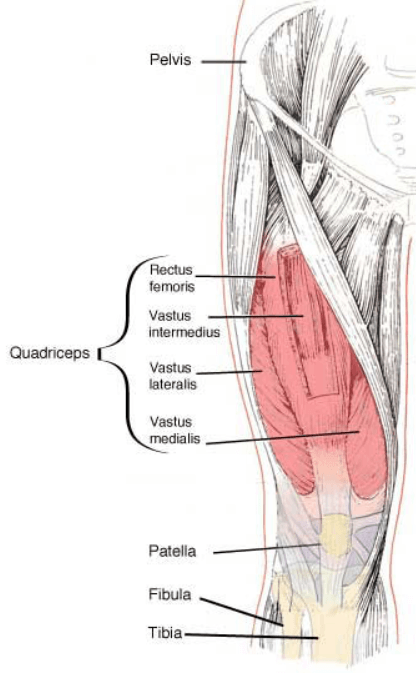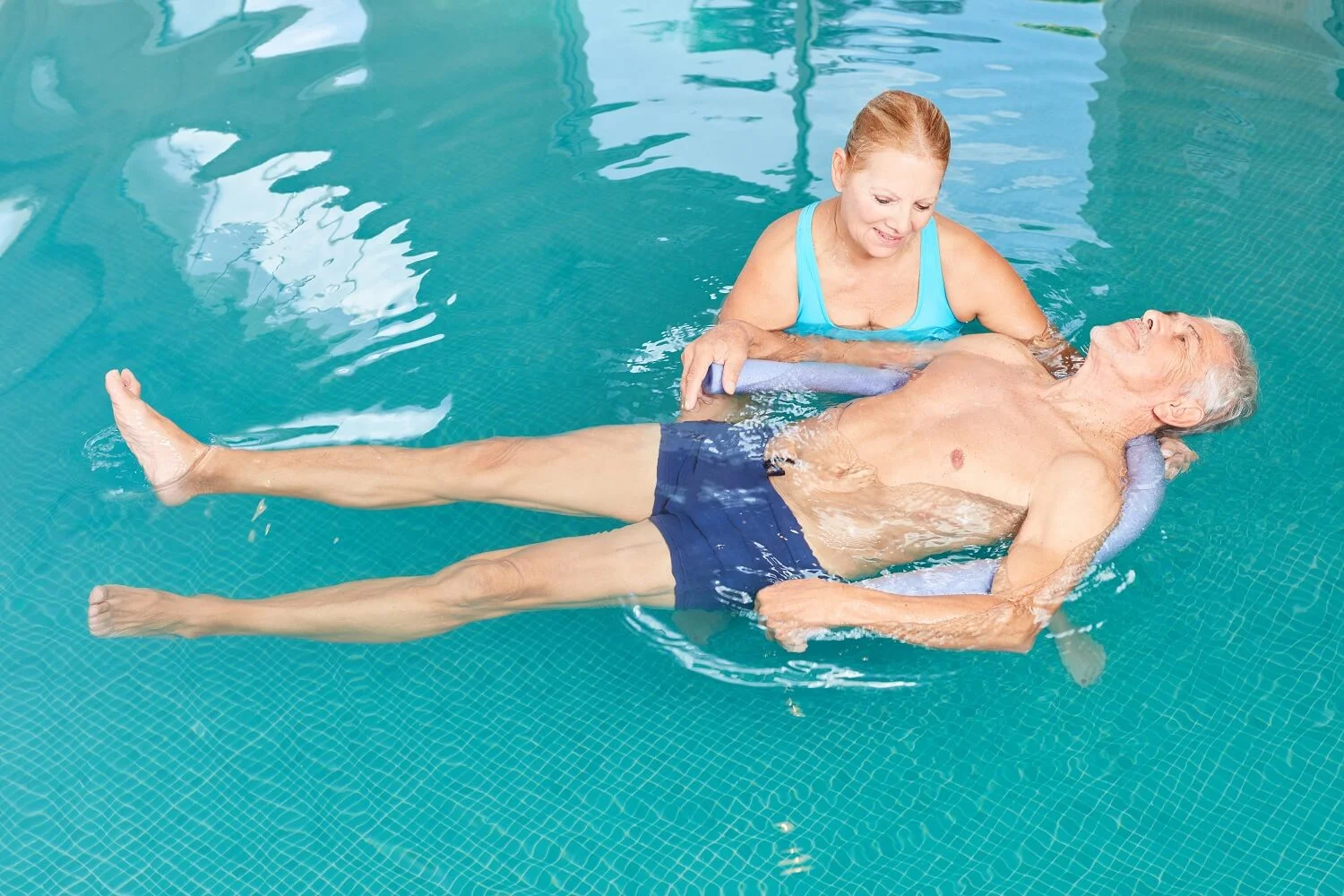Table of Contents
ToggleWhat is a Corked Muscle?
A corked muscle happens as a result of direct trauma to the muscle by an object or impact from a person. A corked muscle can occur in any area, but it most commonly happens in the thigh region. In most cases, a cork occurs due to the collision of two players during sport. This causes localised muscle and blood vessel damage and bleeding.
Corked Muscle Symptoms
The severity of muscle damage is related to the force of impact, area of impact and tension of the muscle at the time of impact. You may experience swelling, tenderness and pain when stretching and moving. There may be bruising present as well. Experiencing a contusion without bruising can be more painful, as that means that blood is trapped within the tissue layers, preventing it from reaching the surface and appearing as a bruise.
How Do You Get a Corked Muscle?
Corked muscles are typically caused by direct impact or trauma to the muscles during sports activities. This can include collisions with other players, falls, or being struck by sports equipment. The force of the impact compresses the muscle against the bone, leading to bleeding and damage.
Sports that have a higher chance of corked muscles occurring include rugby, football, soccer, ice hockey, basketball, and netball – your typical contact sports. However, corked muscles can occur in any sport or activity that involves contact or the potential for sudden impacts.
To reduce the risk of corked muscles, athletes should take precautions such as wearing appropriate protective equipment and maintaining proper technique during sports activities. And, being aware of their surroundings to minimise the likelihood of direct impact.
Treatment for Corked Muscles
It is best practice to get the corked muscle assessed by an experienced physiotherapist to determine the severity of damage and if there are other concerns such as haematomas (trapped blood). Once your physiotherapist assesses the damage they will advise you which rehab exercises to start with.
In general, after the muscle is corked, you should start stretching immediately and apply ice. You may use the PEACE principle to minimise swelling and reduce further bleeding.
- Protect from further damage (generally rest and rehab are advised)
- Elevation
- Avoid anti-inflammatories
- Compress with a compression bandage
- Educated on injury process, recovery time and rehab
In most cases, a corked muscle is a minor injury and won’t negatively impact your ability to play sports in future. However, significant injuries are associated with internal bleeding, which needs to be treated with care.
If you have experienced a corked muscle, make sure you avoid alcohol consumption, applying heat, vigorous massage and continuing to play while injured. Doing any of these can increase the bleeding and worsen the severity of the injury. This will increase your recovery time and delay your return to sports.
Physiotherapy is an effective treatment for a corked muscle. Physiotherapy treatment involves swelling management, early stretching, strengthening, soft tissue therapy (later in the injury phase), dry needling and education on what you can and can’t do while injured.
What Can Happen if I Don’t Treat a Corked Muscle?
It’s important to treat a corked muscle as soon as possible after the injury to ensure a full recovery and prevent further issues. If left untreated, a corked muscle can cause unwanted outcomes that may impact your performance or physical well-being.
Prolonged Pain and Discomfort
Without proper treatment, the pain and discomfort caused by a corked muscle can persist for an extended period. This can interfere with daily activities and hinder an athlete’s ability to participate fully in their sport. What initially may have been a minor injury can escalate into a chronic issue that affects an individual’s quality of life.
Muscle Weakness and Imbalances
Untreated corked muscles can result in muscle weakness and imbalances. As the injured muscle continues to heal in a weakened state, surrounding muscles may compensate and become overworked, leading to imbalances and further risk of injury. Imbalances can affect an athlete’s movement patterns, coordination, and overall performance, potentially causing more serious injuries in the future.
Restricted Range of Motion and Flexibility
One of the biggest side-effects of corked muscles is limited range of motion and flexibility. Scar tissue may form as part of the healing process, which can also reduce normal mobility. This can limit an athlete’s ability to perform certain movements, affecting their overall performance and potentially hindering their chances of reaching their full potential.
Recurrent Injuries
Without proper treatment, a corked muscle can become a recurring issue. The weakened muscle tissue may be more susceptible to subsequent injuries, even from less forceful impacts. Recurrent corked muscles can disrupt an athlete’s training and competition schedule, delaying their progress and leading to frustration and disappointment.
Delayed Return to Sport
Neglecting the treatment of a corked muscle can significantly extend the recovery time. Seeking professional help and adhering to a customised treatment plan can expedite healing, reduce pain, and promote a safe and timely return to sports activities. Delaying treatment, on the other hand, can prolong the recovery period, preventing athletes from getting back to their sport quickly and safely.
No two injuries or recovery processes will look the same. Consulting with a physiotherapist is essential to receive a proper diagnosis, a personalised treatment plan, and ongoing guidance throughout the recovery journey.
What’s the Difference Between Muscle Contusions and Corks?
Muscle contusions and corked muscles are terms often used interchangeably, as they both refer to injuries that result from direct impact. The symptoms and treatment for both muscle contusions and corked muscles are similar. Both injuries can result in immediate pain, swelling, bruising, and restricted movement. However, the severity of symptoms may vary based on the extent of the muscle damage.
A thorough assessment by a physiotherapist or sports medicine specialist is essential to accurately diagnose the specific type of injury and determine the most appropriate treatment approach.
Seek Advice From Our Physiotherapists
Corked muscles require professional and comprehensive care to ensure you recover adequately and stay at the top of your game. If you suspect you have a corked muscle, don’t hesitate to get in touch with our team of highly experienced physiotherapists for a thorough assessment and treatment plan.
Book your appointment today or call your nearest Sports Focus clinic to find out more information.




